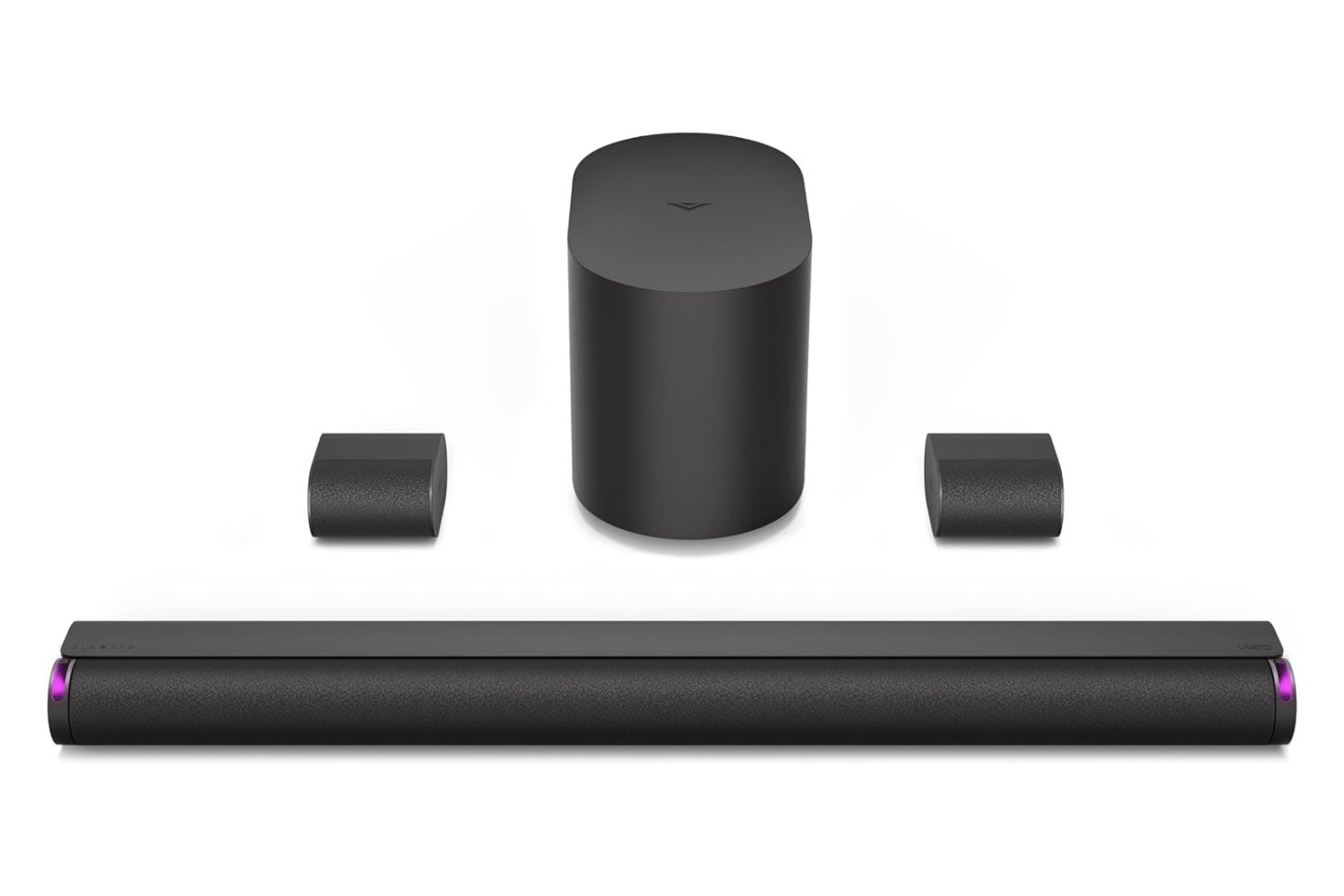According to Noam Brown, the leader of AI reasoning research at OpenAI, the development of certain types of “reasoning” AI models could have occurred 20 years earlier if researchers had adopted the correct approach and algorithms from the outset.
Brown made these remarks during a panel discussion at Nvidia’s GTC conference in San Jose on Wednesday, stating, “There were several factors that contributed to the neglect of this research direction.” He reflected on his research, noting, “I realized that something was missing. Humans often spend a significant amount of time thinking before acting in difficult situations, which could be highly beneficial for AI.”
Brown’s comments were rooted in his work on game-playing AI at Carnegie Mellon University, including the development of Pluribus, which successfully defeated top human professionals at poker. The AI model he helped create was distinctive at the time due to its ability to “reason” through problems rather than relying on brute force.
Additionally, Brown is one of the architects behind the OpenAI model o1, which utilizes a technique called test-time inference to “think” before responding to queries. This approach involves applying additional computational power to running models to facilitate a form of “reasoning.” Generally, reasoning models exhibit higher accuracy and reliability compared to traditional models, particularly in domains such as mathematics and science.
During the panel, Brown was asked whether academic institutions could potentially conduct experiments on the same scale as AI labs like OpenAI, given the limited access to computing resources. He acknowledged that it has become increasingly challenging in recent years as models have become more computationally intensive. However, he suggested that academics can still make a significant impact by exploring areas that require less computational power, such as model architecture design.
“[T]here is an opportunity for collaboration between the frontier labs and academia,” Brown stated. “The frontier labs carefully consider academic publications and assess whether they present a compelling argument that, if scaled up, could be highly effective. If a paper makes a compelling case, we will investigate it in these labs.”
Brown’s comments come at a time when the Trump administration is implementing deep cuts to scientific grant-making. AI experts, including Nobel laureate Geoffrey Hinton, have criticized these cuts, arguing that they may threaten AI research efforts both domestically and internationally.
Brown highlighted AI benchmarking as an area where academia can make a significant contribution. “The state of benchmarks in AI is really poor, and that doesn’t require a lot of compute to address,” he said.
As previously discussed, current popular AI benchmarks tend to test for esoteric knowledge and provide scores that correlate poorly with proficiency on tasks that most people care about. This has led to widespread confusion regarding models’ capabilities and improvements.
Updated 4:06 p.m. PT: An earlier version of this piece implied that Brown was referring to reasoning models like o1 in his initial remarks. In fact, he was referring to his work on game-playing AI prior to his time at OpenAI. We regret the error.
Source Link





